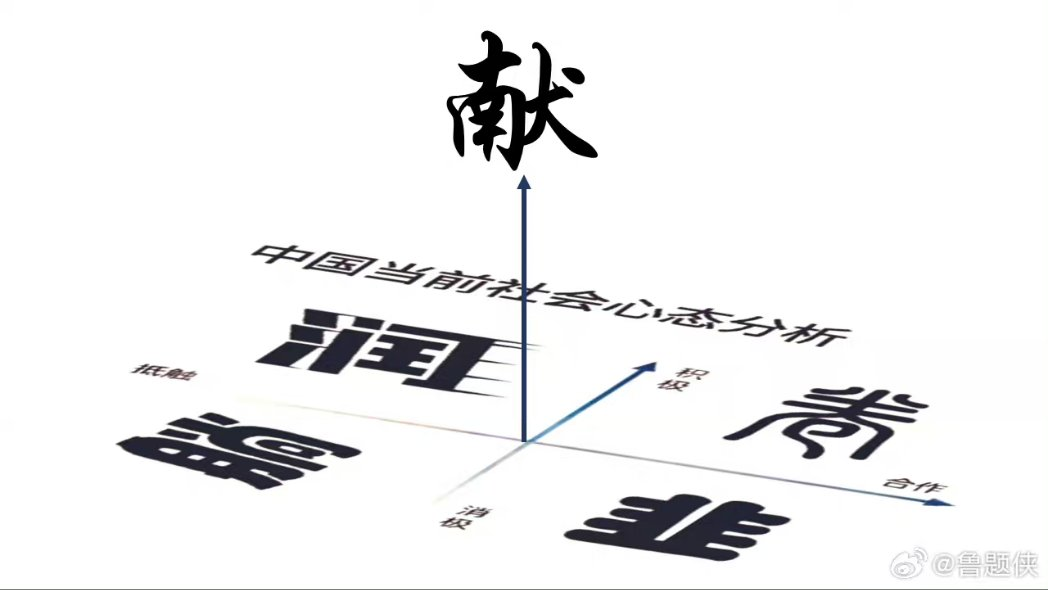 School of Cantonese Studies 2024
School of Cantonese Studies 2024
School of Cantonese Studies 2024 will be jointly organized by Hong Kong Metropolitan University and the Education University of Hong Kong. The theme of School 2024 is Cantonese studies with a comparative approach. Speakers of the School will highlight the special features of Cantonese through comparisons with other major languages such as Standard Chinese and English. Topics in this 4-day School include phonology, grammar, language and society, historical development of Cantonese, IT in Cantonese learning and teaching.
Date: 12 – 15 August 2024 (Mon to Thu), am and pm
Venue: Hong Kong Metropolitan University, Homantin, Hong Kong
*Medium of instruction: Cantonese supplemented with English and Putonghua.
https://www.hkmu.edu.hk/fmo/campus-information/directions-to-campus/
(b) to introduce systematic and rigorous methodologies for conducting research on Cantonese;
(c) to provide a venue for scholarly exchange and interaction between scholars and participants of different backgrounds who are interested in Cantonese Studies.
The five-day event covered nine lectures delivered by twelve scholars specializing in Cantonese studies. There were 60 participants coming from different parts of the world. [See https://www.eduhk.hk/lml/scs2019/en/]
The School of 2021 (online mode) carried the theme “Cantonese Studies in the Digital Age”. In the two-day event, speakers of the School introduced some up-to-date Cantonese studies involving digital technologies, such as corpus-based research, online tools and resources for Cantonese studies, and digital processing of Cantonese corpus data. [see https://www.eduhk.hk/lml/scs2021/en/]




 The 27th International Conference on Yue Dialects (2023)
The 27th International Conference on Yue Dialects (2023)





